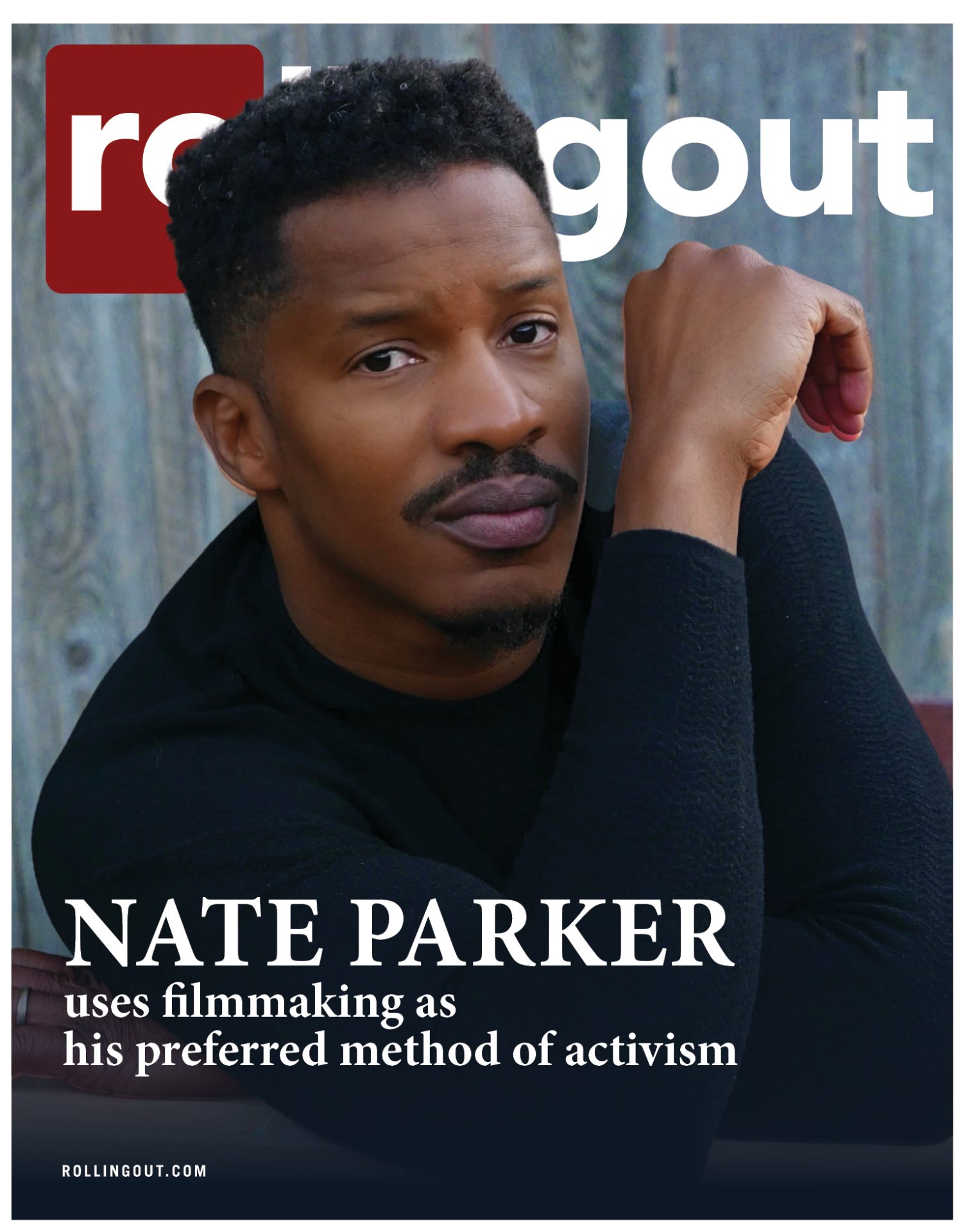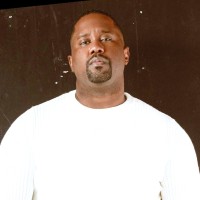
The movie? It’s powerful.
The story of Nat Turner as told through the eyes of the first-time director Nate Parker deserves comfortable, VIP-seating in the annals of filmmaking history. The story is just that important.
But as The Birth of a Nation approaches its national debut Oct. 7, the dark, gloomy cloud of Parker’s past threatens to potentially scare away moviegoers who can’t separate this vital piece of work from the filmmaker who’s been dogged by the fallout from a college rape allegation (one that he was subsequently acquitted of).
But much like Turner, there is a bloodied but unbowed resolve to how Parker is approaching the days leading up to the film’s release. And in this exclusive interview with rolling out at the Toronto International Film Festival, he makes it abundantly clear that whatever you think of his past, it should in no way prevent you from seeing a film that could very well change your life.
This is Nate Parker, unfiltered.
How were you able to tap into the spirit of Nat Turner to effectively write this screenplay?
Nat Turner’s only aspiration was to be Christ-like … and so for me, when I got writer’s block, I went to the Bible. I really just got into the Word. Everything I learned about Nat Turner — that he was so deeply into his faith; that he felt that every action was motivated by his connection and relationship with the Lord. And it was through that that I had to connect [with] him. I learned very quick that this wasn’t a film that I could be regular Nate and just write, and it be right … I just couldn’t. I had to change a lot of things in my lifestyle, so all of that really affected my heart.
There were so many well-documented financial challenges when it came to you financing this film. How were you able to overcome those setbacks?
I really got into fasting and praying. My grandmother would always say “make space for God.” We oftentimes measure him against what we think our capacity is, so we’ll be like “Lord help me pick this glass up and drink it,’ … instead of, “Lord, pick this building up and put it across the street.” So for me, I had just lost three million dollars and called my grandma, and she just said fast. So I said, “OK Lord, this is what I’m going to do. I’m going to fast Tuesdays and Thursday, sunup to sundown like every week until we are pre-production.” I kinda just wanted to do something that was so out of my control and so daunting and terrifying that it would petition him into doing something because I didn’t have earthly help like I thought I would. And then the money came.
How did having God answer your prayers make you feel?
I was just talking to my daughter about God moments, and how he provides these types of moments to remind us that it ain’t us. Sometimes you start feeling yourself, and then there is like a knock at the door and then you realize that it’s time to be humbled again. But God ultimately provided, and I’m so thankful and humbled by it all.
How do we have the conversations with this generation, who may feel charged up after watching the film? There is a contingent who truly believes that White people don’t understand, but then you have some who may say, “but wait, my mom or grandmother is White.”
Well, charged up doesn’t mean kill White people. Black empowerment doesn’t mean White hate, and it never has. And if we were to peruse all of our heroes from now back to Frederick Douglass, we’d recognize that biracial activists were very relevant … it’s not a new thing. You love who you love, but that shouldn’t affect your activism. If after I met my wife I said, “now I’m discounted from contributing to the liberation of my people because my wife is White,” then guess what … we wouldn’t be sitting at this table, and there is no Nat Turner movie. So I think first, when you say charged up, I think you should explore that. What does that mean? Because when White people watch the film, I think they’re charged up in a different way. I think it’s easy to say that White people feel guilty and we feel ready. I think that when we got a standing ovation from everyone, that showed me that everyone was ready.
How do we get people to stop taking sides along racial lines, and just stay objective and see the movie?
You know, it’s interesting. I think that we spend so much time focusing on what we think that White people need to know about our experience. Listen; I don’t think we should be so concerned with how White people see us. I think that we should be more concerned with how we’ve been conditioned to see ourselves. Carter G. Woodson has this quote that I love. He said, “When you control a man’s thinking, you don’t have to worry about his actions. You don’t have to tell him to go through the back door because he will do it on his own. And if there is no back door, then he will cut one out for his own pleasure.” That is what we are dealing with. Our liberation lies within us. The liberation of most people, historically speaking, lies within them.
You’ve decided to make a powerful piece that will surely make people uncomfortable. But with that, it’s caused people to dig into your past, which has caused pain in your personal life. This seems like a common deterrent for people who want to do good, but don’t want to open themselves up for personal criticism.
I haven’t gone through an inkling of the amount of persecution that others have gone through. I’ll make it through this. I can’t speak for other people and what motivates their action or inaction. All I can speak for is myself, what I believe I’ve been called to do, and my art. I can’t speak for others and how they view social justice … I just have to walk my path, serve my God, and live my life in a way that I think he would be pleased with while creating as many opportunities [as] I can for the liberation of us as oppressed people.












